Describing And Modeling Variation In Grammar
While variation within individual languages has traditionally been focused upon in sociolinguistics, its relevance for grammatical theory has only recently been acknowledged. On the methodological side, there is an ongoing competition between large-scale statistical analyses and investigations that rely more heavily on introspection and elicited grammaticality judgements. The aim of this volume is to bridge the 'cultural gap' between empirical-variationist and formal-theoretical approaches in linguistics. The volume offers case studies that seek to combine corpus-based and competence-based approaches to the description of variation. In doing so, it opens up new avenues for locating and analyzing variability, both at the level of the individual speaker and between speakers of different dialects and generations.
{{comment.content}}
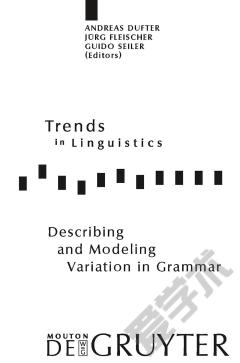
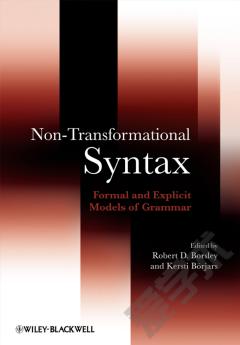
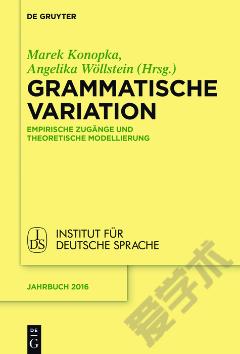

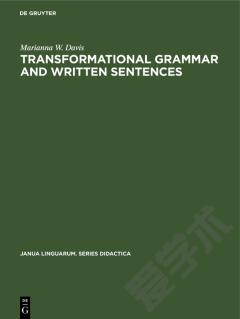
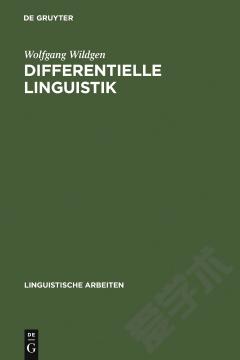


 京公网安备 11010802027623号
京公网安备 11010802027623号